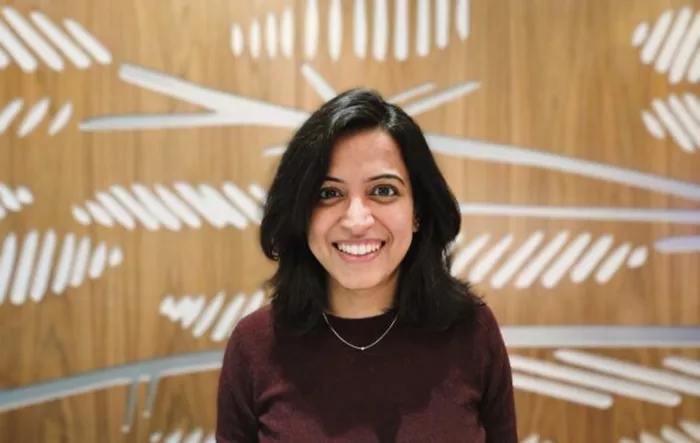After a fulfilling decade at Microsoft, Priyanka Kulkarni sought to make a more personal impact. Although she enjoyed her time there, she realized the projects she worked on were not her own. When AI2 Incubator in Seattle offered her a chance to join their prestigious program, she was eager to take it.
However, there was a challenge. Kulkarni was in the U.S. on an L-1 temporary work visa, followed by an H-1B visa for specialty occupations. To join the incubator and eventually start her own company, she needed to apply for an EB-1 visa, known as the “Einstein visa,” which is reserved for individuals with extraordinary abilities and is a pathway to permanent residency.
The visa application process took over three months and involved working closely with a well-known law firm. During this time, Kulkarni realized that the complexities of visa applications presented an opportunity she wanted to address through a business.
“As someone deeply involved in foundational AI, I see a huge chance to transform this industry,” Kulkarni said. “I want to fix this. I want to change it.”
In April, she founded Casium, a startup designed to streamline the immigration application process using artificial intelligence. By July, Casium already had paying customers.
Visa applications require detailed justification from both applicants and employers, explaining why the individual deserves the opportunity based on education, work experience, and other qualifications. Casium’s platform uses algorithms to determine the best visa route for applicants, whether a temporary work visa or permanent residency. The AI system collects necessary information and prepares the application documents, while immigration attorneys provide guidance and represent applicants.
Kulkarni aims to reduce the application timeline from months to just days. “What we’re doing goes beyond simply digitizing forms,” she noted.
The name “Casium” is a blend of “case” and “premium,” reflecting the high-quality service it provides.
Other companies are also working to enhance the immigration experience. For instance, Seattle startup Boundless Immigration helps immigrants connect with lawyers and file applications for spousal visas and U.S. citizenship. Boundless has raised over $43 million and focuses on family immigration services, including business-related visas.
Casium seeks to stand out through its proprietary AI technology, capable of handling complex and non-standard cases. The startup is currently self-funded and operates with support from AI2 Incubator, employing a team of around six people.
While Casium’s technology automates some tasks traditionally handled by legal professionals, many attorneys work independently or in small firms, often struggling with the detailed paperwork required for visas. Kulkarni explained, “We’re seeing more attorneys wanting to collaborate with us because it allows them to focus on the strategic and advisory aspects, while we manage the operational tasks.”
The future of immigration numbers remains uncertain, particularly with the upcoming presidential election. During his administration, Donald Trump reduced legal immigration, and he continues to advocate a tough stance against illegal immigration. Vice President Kamala Harris has also addressed illegal immigration and promised reforms to immigration and citizenship pathways.
Despite these uncertainties, Kulkarni believes that the demand for skilled workers and family immigration will continue to grow, regardless of political leadership or economic conditions. “The American Dream is very resilient,” she said, “and I’m proud to be part of this process.”
Related topics:
- Tommy Robinson, Britain’s Anti-Immigrant Firebrand, Sentenced to Jail
- Meng Secures $850,000 to Enhance Immigrant Services for South Asian Community in Queens
- How the Recent Surge in Immigrants is Driving Up Housing Costs


